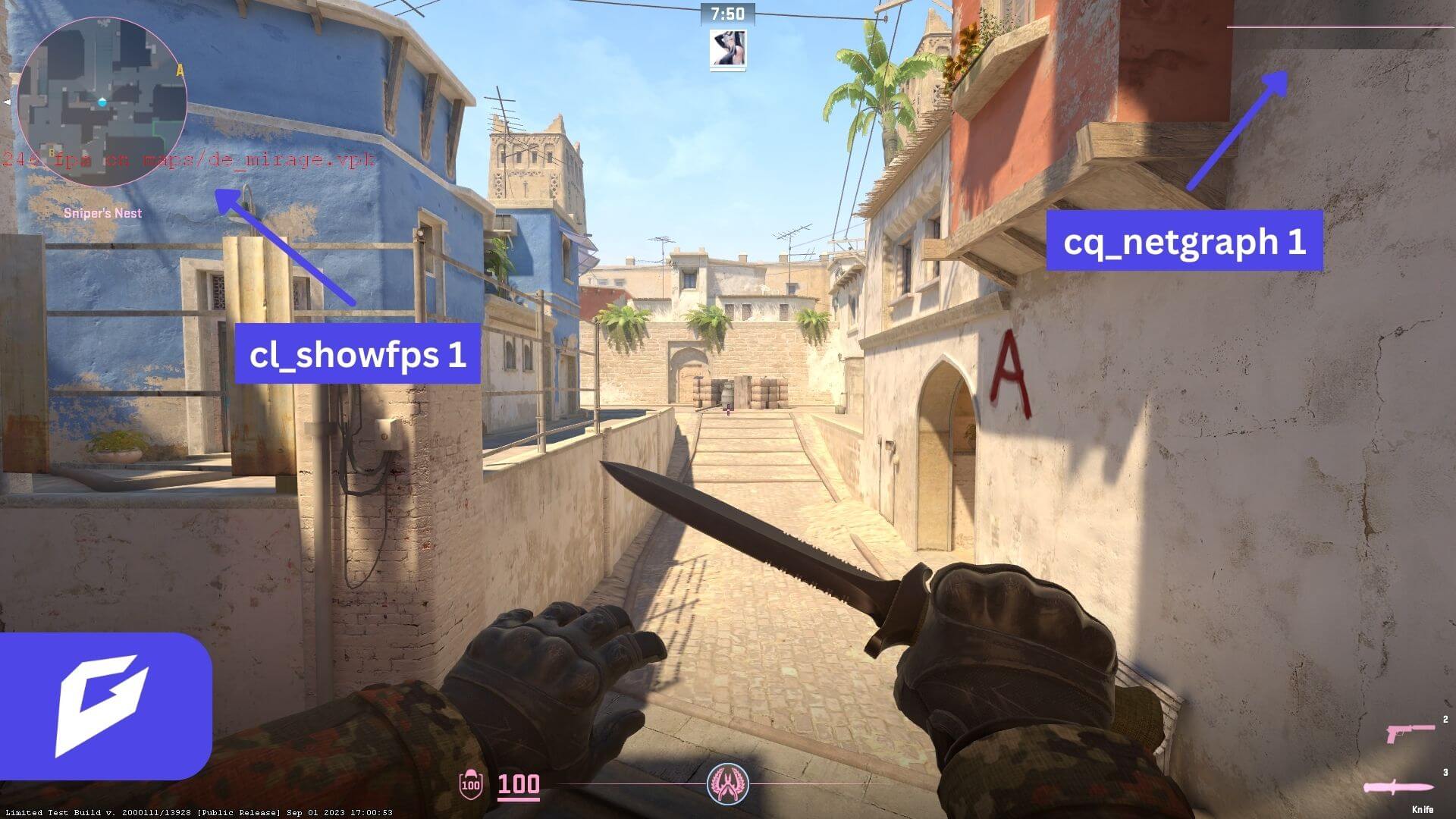BD124 Insights
Your go-to source for the latest news and informative articles.
When Shooting Friends Becomes a Foul: The Curious Case of Cs2 Teamkill Penalties
Explore the intriguing world of CS2 teamkill penalties: when friendly fire turns foul and friendship hits the line. Unlock the secrets now!
Understanding Teamkill Penalties in CS2: Why Shooting Your Teammates Can Cost You
In the competitive landscape of CS2, teamwork is essential for success, and understanding teamkill penalties is crucial for both new and experienced players. Teamkills occur when a player accidentally or intentionally inflicts damage or kills their teammates, leading to severe consequences. The game's design aims to discourage such behavior by implementing a penalty system that can affect player rankings, match outcomes, and overall gaming experience. Players who find themselves repeatedly engaging in teamkills may face a variety of penalties, including temporary bans or matchmaking restrictions that can hinder their ability to play effectively.
The penalties for teamkills serve as a reminder of the importance of collaboration in CS2. When players shoot their teammates, not only do they jeopardize the team's chances of winning, but they also face significant repercussions that can derail their progression. To avoid these penalties, it's essential to maintain communication with teammates, stay aware of the game environment, and refrain from aggressive actions that could harm those on your side. By prioritizing teamwork and respecting fellow players, individuals can enhance their gaming experience while contributing to a more enjoyable and competitive atmosphere.

Counter-Strike is a popular series of multiplayer first-person shooter games that pits teams of terrorists against counter-terrorists. Players can choose from a variety of weapons, including the versatile Glock, known for its reliability in close-range combat. For those interested in customizing their weapons, there are various cs2 glock skins available to personalize their gaming experience. The game's tactical depth and competitive nature have helped it maintain a dedicated player base over the years.
The Impact of Teamkills on CS2 Gameplay: A Deep Dive into Penalties
In Counter-Strike 2 (CS2), teamwork is essential for achieving victory, and one of the most frustrating obstacles players face is the issue of teamkills. Teamkills occur when a player accidentally eliminates a teammate, leading to a cascade of negative consequences affecting both the individual and the team's overall performance. The impact of teamkills can be particularly severe, as it not only diminishes the morale of the affected players but also hampers strategic coordination. Players often find themselves outnumbered in critical moments, and this disruption can result in lost rounds and diminished chances of winning, particularly in matches where every round counts towards the ultimate goal.
To address the impact of teamkills, CS2 implements a series of penalties aimed at discouraging such behavior and promoting team cohesion. Upon inflicting a teamkill, players may face various repercussions, including a temporary reduction in their in-game currency, which limits their ability to purchase weapons and gear in subsequent rounds. Additionally, repeated offenses can lead to matchmaking penalties, such as being restricted from participating in ranked matches. These measures not only serve to penalize players but also encourage a more responsible approach to gameplay. By fostering a culture of accountability, CS2 aims to create a more enjoyable and competitive environment for all players.
Are Teamkill Penalties Fair? Exploring the Controversy Among CS2 Players
The debate over whether teamkill penalties in Counter-Strike 2 (CS2) are fair has been a contentious topic among players. Proponents argue that implementing these penalties promotes teamwork and discourages reckless behavior, fostering a more cooperative gaming environment. They believe that punishing intentional teamkills helps maintain the integrity of the game, ensuring that players can enjoy a balanced experience. On the other hand, critics contend that these penalties can be overly harsh, particularly when accidental teamkills occur. In fast-paced matches, even the most skilled players can misfire, leading to frustrating penalties that can disproportionately impact the outcome of a game.
Furthermore, many players feel that the system lacks nuance and does not adequately consider the context of teamkills. For instance, teamkill penalties might not account for situations where players are defending themselves or acting within the confines of the game’s mechanics. As this controversy unfolds, it raises questions about how to balance fair play with the realities of competitive gaming. As the community continues to discuss and debate this issue, it’s clear that finding a solution that satisfies all players is no easy task, but it is an essential part of evolving the gaming experience in CS2.